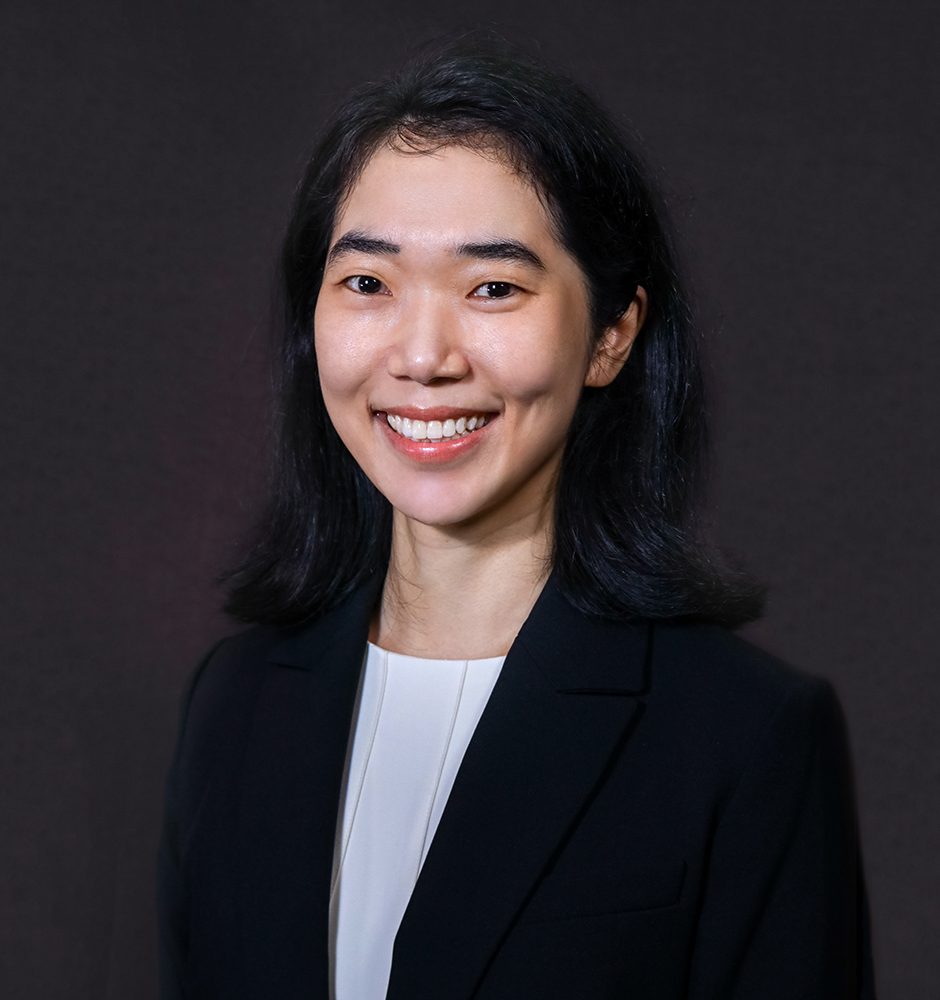No matter where you live or who you are, if you’ve attended school, been on a sports team, played music, or made any kind of presentation ever, there is a core memory that we all share: being chosen to go first. That sinking feeling you get when you stand up and step into the unknown and start speaking, or playing, or demonstrating, or whatever, and all eyes are on you – because you’re the first one. The quiet terror that seeps in as people begin to assess you, the judges peering at you, the knowledge that everyone else has more time to prepare than you…It stays with you forever.

- PhD, Stanford University
- MS, Stanford University
- Bachelors, Tianjin University
Jiang is an Assistant Professor in Management and Strategy at HKU Business School. Jiang’s research interests lie at the intersection of organizations, innovation and firm strategy. Her work examines the evaluation, creation, and commercialization of innovative ideas and technologies, with a particular focus on how these processes are impacted by regulatory and social forces.
Jiang earned her PhD from the Stanford Technology Ventures Program at Stanford University. She also holds an MS in Civil and Environmental Engineering from Stanford University, as well as a BS in Management and a BA in English from Tianjin University. Before her PhD, Jiang worked in strategic consulting for infrastructure project development, procurement, and investment.
- Strategy in the Digital World (PMGM7022)
- Strategic Management (STRA4701)
- Innovation Management
- Technology Entrepreneurship
- Collaborative Strategy
- “Good to Go First? Position Effects in Expert Evaluation of Early-Stage Ventures,” (with Jason Greenberg, Jizhen Li and Yanbo Wang), Management Science, Volume 68 Issue 1, January 2022, pp. 300-315.
- Faculty Outstanding Teaching Award (Undergraduate Teaching), 2024
- Academy of Management (AOM) Strategic Management Division Best Paper Award in Behavioral Strategy, 2024
- Hong Kong Research Grants Council General Research Fund, 2024
- Hong Kong Research Grants Council Early Career Scheme, 2022
- National Science Foundation of the U.S. (NSF) Doctoral Dissertation Research Grant, 2017
There is often considerable anxiety and conflicting advice concerning the benefits of presenting/being evaluated first. We thus investigate how expert evaluators vary in their evaluations of entrepreneurial proposals based upon the order in which they are evaluated. Our research setting is a premiere innovation fund competition in Beijing, China, where the prize money at stake is economically meaningful, and evaluators are quasi-randomly assigned to evaluate written grant proposals without the possibility of peer influence. This enables us to credibly recover a causal position effect. We also theorize and test how heterogeneity in evaluators’ prior (context-specific) judging experience moderates position effects. Overall, we find that a proposal evaluated first requires total assets in the top 10th percentile to merely equal the evaluation of a proposal in the bottom 10th percentile that is not evaluated first. Firm and evaluator fixed-effects models yield consistent findings. We consider evaluation design elements that may mollify these position effects in the discussion section.





